More and more people are using smartphones and apps to conduct business online – business that often requires the use of sensitive information such as bank account numbers, credit card data, or passwords.
While your smartphone can make life easier, be aware of potential threats to the security and the precautions you can take to keep it secure.
Areas, where smartphone users can potentially fall victim to fraudulent activity, are lost phones and open Wi-Fi network surfing. Be mindful as you use your smartphone as well as the related tips for preventing fraud.
Lost phones
Chances are you’ve probably misplaced your smartphone, at least temporarily, at least once. The danger with this if you’ve made purchases on your phone or, perhaps, conducted banking activities with it, someone who finds or steals your phone may be able to extract sensitive personal information from it. Use these tips to safeguard your phone in the event of a loss:
- Keep your smartphone’s operating software up-to-date by enabling automatic updates from your service provider. You may also want to install trustworthy security apps that allow you to remotely locate and erase all of the data stored on your phone.
- Set PINs and passwords on the phone’s homescreen to prevent unauthorized access to your phone. Utilize the auto lock feature for idle time (suggested after 5 minutes or less of being idle).
- Don’t modify your smartphone’s security settings.
- Always report a stolen phone. Wireless providers in conjunction with the Federal Communication Commission (FCC) have established a stolen phone database that will help your provider prevent your phone from being activated without your permission.
Open Wi-Fi networks
Cybercriminals often use unprotected Wi-Fi hotspots to target people online.
- Ignore pop-ups or prompts to download software. They are often a hacker’s attempt to infect your phone with malware or spyware.
- Avoid public hotspots and instead, use protected Wi-Fi from sources you trust or your own mobile wireless connection.
- Update your smartphone’s security software before you travel. Wi-Fi in airports and hotels can be potentially troublesome if your smartphone is not fully protected with the latest security updates.
Social Media Fraud Schemes
Social media schemes (Facebook, LinkedIn, etc.) entice users into opening new accounts or using their existing accounts in exchange for merchandise or “fast cash.” The proposal is typically made via a post with pictures of cash or other items encouraging anyone interested to comment for more information. The accounts are ultimately used to conduct transactions involving the deposit of fraudulent checks and subsequent fraudulent card purchases/ATM withdrawals.
Consumers should be aware that participation in this type of scheme is illegal and that you may be held responsible for purchases or cash withdrawals made from the proceeds of a fraudulent check deposit. Such activity could result in account closure and possible criminal prosecution.
Read here how to keep your personal information safe on social media.
IF YOU HAVE ANY QUESTIONS OR SEE ANY POSTS LIKE THIS FROM EVOLVE ON FACEBOOK OR OTHER SOCIAL MEDIA SITES, PLEASE CONTACT EVOLVE IMMEDIATELY AT 866.395.2754.
Unsolicited Offers
If you receive an unsolicited offer that promises you something in exchange for money or account information, you should not respond unless you are sure the offer is legitimate. Common scenarios include offers that require an upfront fee, requests to wire funds, a notice that you won a lottery/contest, or a person on a social website who asks for money (e.g., travel money to meet you, emergency cash, medical bills, etc.). Remember, if it sounds too good to be true, it probably is.




